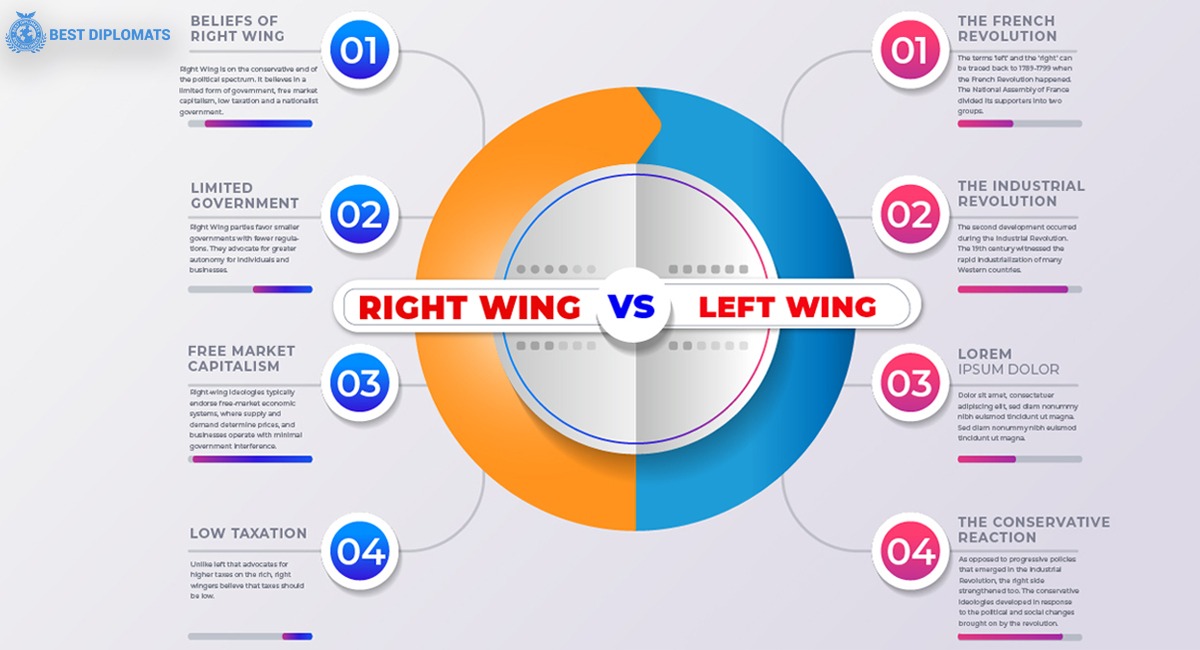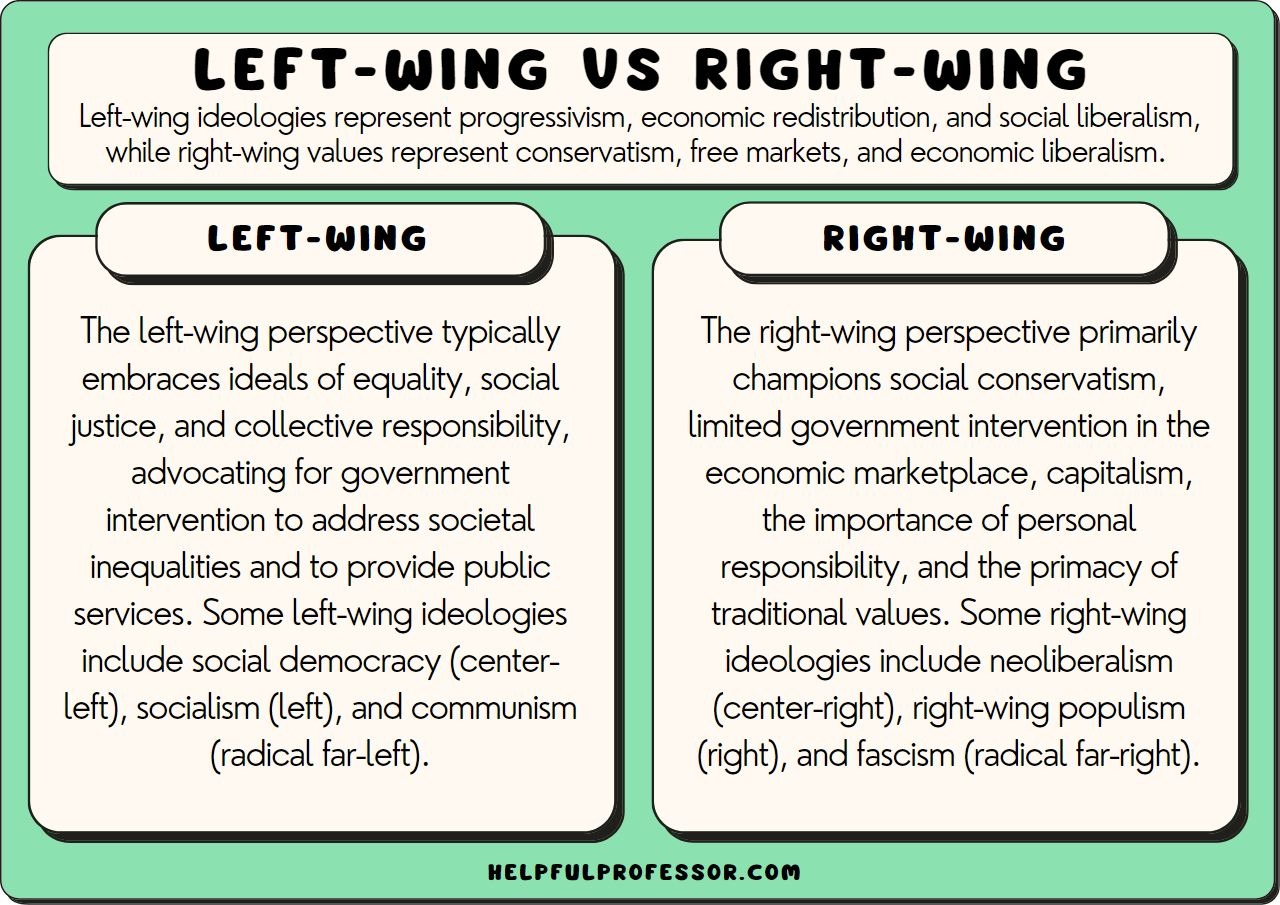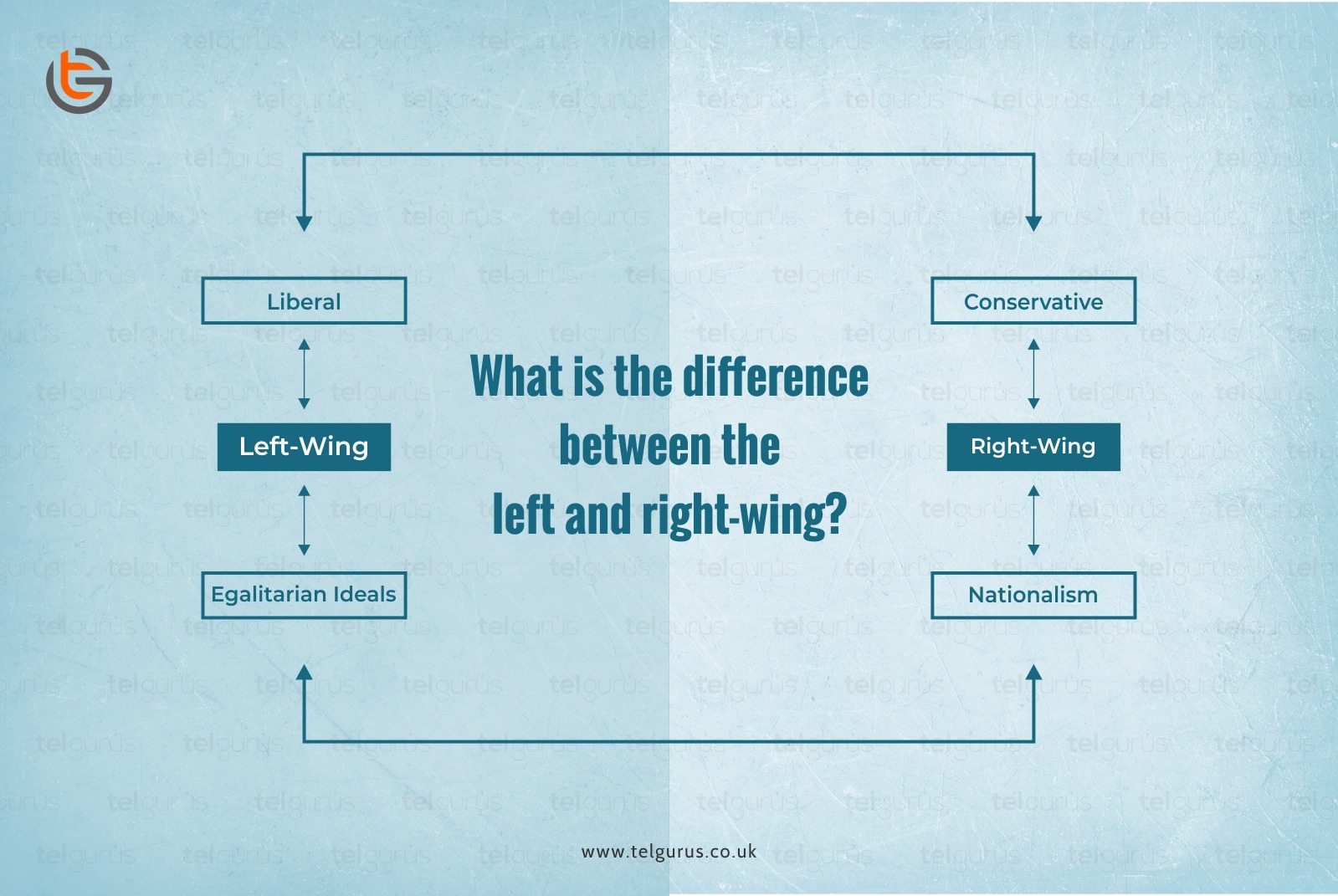The division between the right and left in politics has reached unprecedented levels of polarization worldwide. While political differences have always existed, the current scenario suggests that individuals on opposite ends of the spectrum are inhabiting entirely different realities.
This divergence may be attributed to the tendency for right-leaning individuals to idealize the past and strive for a return to bygone eras, while those on the left often focus on progress and envision a brighter future.

Historical Perspectives on Right-Wing Beliefs (Credits: Best Diplomats)
Examining prominent political slogans illustrates this divide. Barack Obama’s “Yes we can” resonates with aspirations for a prosperous future, while Donald Trump’s “Make America great again” reflects a nostalgic longing for a past era.
Similarly, in the UK, the Brexit campaign, spearheaded by conservatives, urged people to “take back control,” whereas the Labour Party’s recent local election campaign slogan, “Britain’s future,” emphasizes forward-looking themes.
This pattern extends globally. The right-leaning Freedom Front Plus in South Africa employs the slogan “Stop the decay,” while Mexico’s leftwing National Regeneration Movement rallies supporters with “United for the transformation” ahead of presidential elections.
In a recent study, I investigated whether individuals on the right and left perceive the past, present, and future differently. Participants from various countries were asked to evaluate different historical periods, including the past, present, and near future.
Right-leaning individuals consistently viewed the recent past more positively than left-leaning individuals across all countries. However, left-leaning individuals displayed greater optimism about the future in the US, Poland, and the UK, but not in Italy, Mexico, and South Africa.

Left-wing vs Right-wing (Credits: Helpful Professor)
Further experiments explored the relationship between political orientation and nostalgia. While prompting participants to view the past more favorably did not necessarily lead to right-leaning opinions, those endorsing right-wing beliefs tended to exhibit more nostalgia. Conversely, endorsing leftwing opinions reduced feelings of nostalgia among participants.
Additionally, the study differentiated between nostalgia for traditional values and nostalgia for economic conditions. It found that individuals on the right were more nostalgic about tradition, while those on the left displayed greater nostalgia for past economic conditions, albeit to a lesser extent.
These findings shed light on why right-wing politicians often appeal to nostalgia, while left-wing slogans focus on building a better future. Understanding these dynamics may provide valuable insights for politicians seeking to bridge the political divide.























